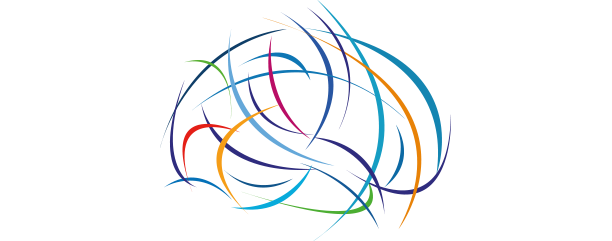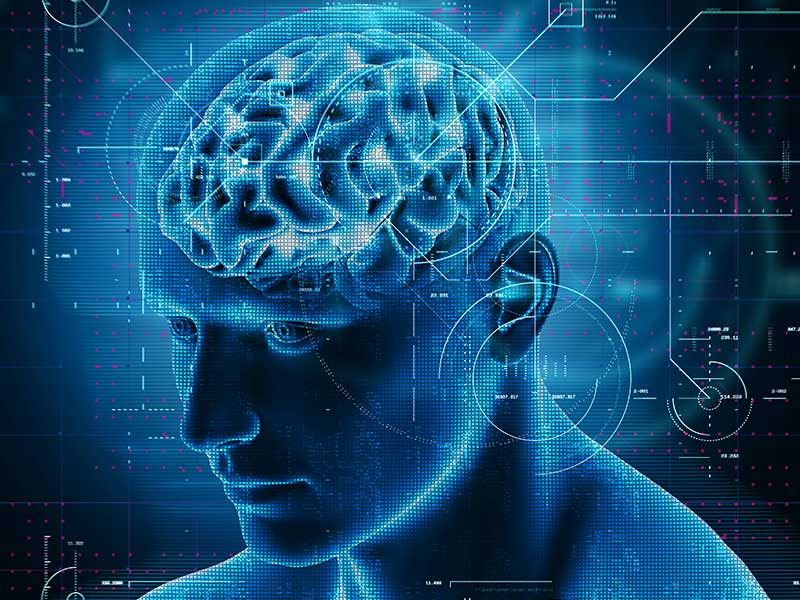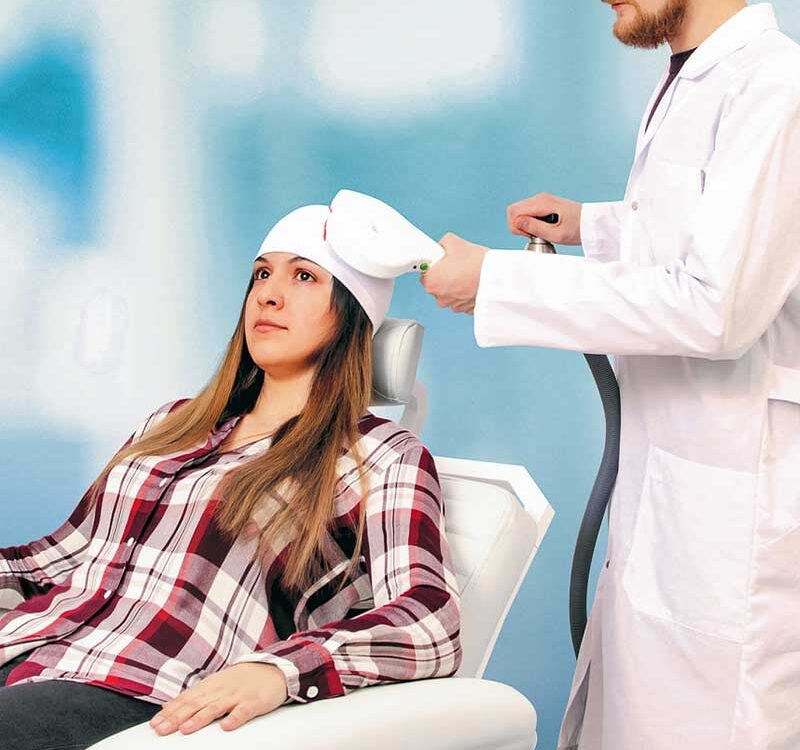Transcranial Magnetic Stimulation (TMS) is an innovative non-invasive neurostimulation technique. The TMS uses brief and highly focused pulses that are released by an electromagnetic coil, which generates a repetitive magnetic fields on the scalp that create an electric field at the brain level. This way the neurons are stimulated in specific areas of the brain, modulating the activity of neurotransmitters and connecting circuits of the cerebral cortex.
TMS was first developed in 1985, and has made great progress over time in terms of effectiveness and safety, and is now widely used for the treatment of various psychiatric and neurological diseases.
It is an effective treatment proven by numerous international studies and has been approved by the main international drug agencies FDA (Food and Drug Administration) and the European Economic Community and endorsed by the most reliable and rigorous clinical guidelines (NICE, CANMAT, NIMH).







